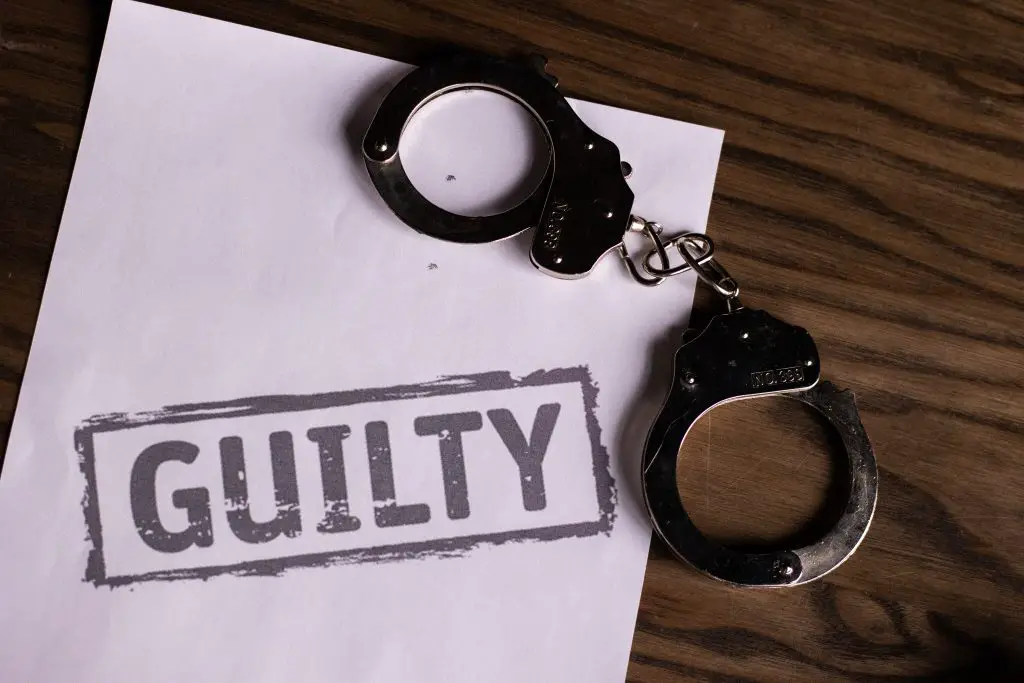 riminal records are intimately connected to the concept of a criminal justice system. The term “criminal justice system” (CJS) refers to the government institutions and agencies that are responsible for detecting, deterring, prosecuting, and punishing persons who have committed crimes. You can use this website to look up someone’s criminal history.
riminal records are intimately connected to the concept of a criminal justice system. The term “criminal justice system” (CJS) refers to the government institutions and agencies that are responsible for detecting, deterring, prosecuting, and punishing persons who have committed crimes. You can use this website to look up someone’s criminal history.
Criminal records usually show a person’s arrest history, indictments, convictions, and sentences. But where did the concept originate from, and why? Read more below for an overview of the history of criminal records.
When Did Criminal Records First Begin?
Criminal records go back to the ancient Sumerians in Mesopotamia. The ancient civilization used clay tablets to record a written set of criminal laws. This allowed for transparency and accountability in the CJS.
The first formal criminal justice system was established in England during the Norman Conquest in 1066. This is when the concept of a court system to try criminals came to fruition. The idea was to have a group of people who were responsible for maintaining peace and order in society.
In 1285, the Statute of Westminster required that all felony arrests be recorded. This marked the first time that criminal records were systematically kept in England. The statute also required that all criminals be brought before a magistrate within 48 hours of their arrest.
What Purpose Do Criminal Records Serve?
In the United States, criminal records are maintained by state and federal agencies. The Federal Bureau of Investigation (FBI) keeps a database of all federal crimes. State police departments also keep records of state crimes.
There are a few different purposes that criminal records serve. One is to provide a record of a person’s criminal history. This is important for employers, landlords, and others who may want to know if a person has a criminal record.
Another purpose is to help law enforcement solve crimes. When a crime is committed, police will often look at criminal records to see if any persons have a similar criminal history. This can help them narrow down their list of suspects.
Finally, criminal records are used in sentencing criminals. When a person is convicted of a crime, the judge will often look at their criminal record to see if they have any prior convictions. This can help the judge decide what type of sentence to give the person
Do All Countries Use Criminal Records?
No, not all countries keep criminal records. In fact, many countries do not have a formal CJS. This includes countries like Afghanistan, Iraq, and Somalia.
Other countries, like Canada and the United Kingdom, do have a formal CJS. The United Kingdom only keeps records for persons who have been convicted of a crime and have been sentenced to more than 12 months in prison. In some cases, items can be suspended from a criminal record after a set period.
In the United States, criminal records are available to the public. This means that anyone can request a copy of someone else’s criminal record.
There are a few exceptions to this rule. One is if the person has had their record sealed or expunged. Another is if the person is a juvenile. In some states, juvenile records are not available to the public.
Do Criminal Records Show Up in Background Checks?
Criminal records are often included in background checks. Background checks are a way for employers, landlords, and others to find out if a person has a criminal record.
Background checks can be done online. There are a few different websites that offer background checks. However, not all criminal records will show up on a background check.
If a person has had their record sealed or expunged, it will not show up on a background check. Juvenile records are also not typically included in background checks.
How Has Technology Changed Criminal Records?
Technology has changed the way that criminal records are stored and accessed. In the past, criminal records were kept in paper files. This made it difficult for police and others to access them.
Now, criminal records are stored electronically. This makes it much easier for law enforcement and others to access them. It also makes it easier to share information between agencies.
One downside to electronic records is that they can be hacked. In 2015, the FBI’s criminal database was hacked. This resulted in the release of personal information for more than 700,000 people.
In conclusion, criminal records are important tools for law enforcement, employers, and others. They provide a way to keep track of a person’s criminal history. They can also help solve crimes and be used in sentencing.

Naomi Cook is a sports betting analyst with expertise in creating various content pieces across different platforms. Cook’s love for math is best seen in how good she is with numbers. Cook has broad knowledge in online gaming and possesses betting proficiency for major sports. In her free time, she loves to try the latest fitness workouts and do research on nutrition for her and her family.





